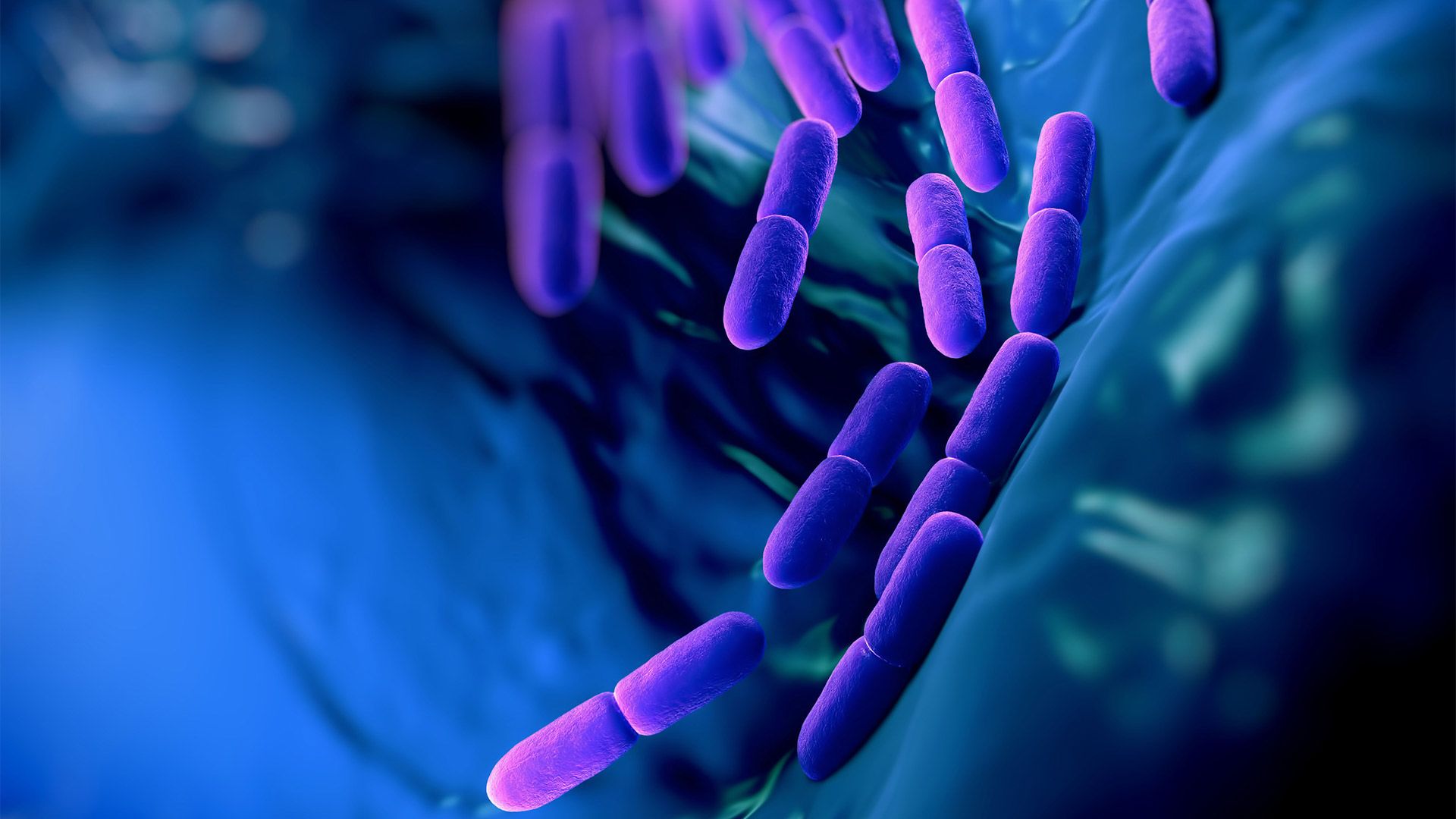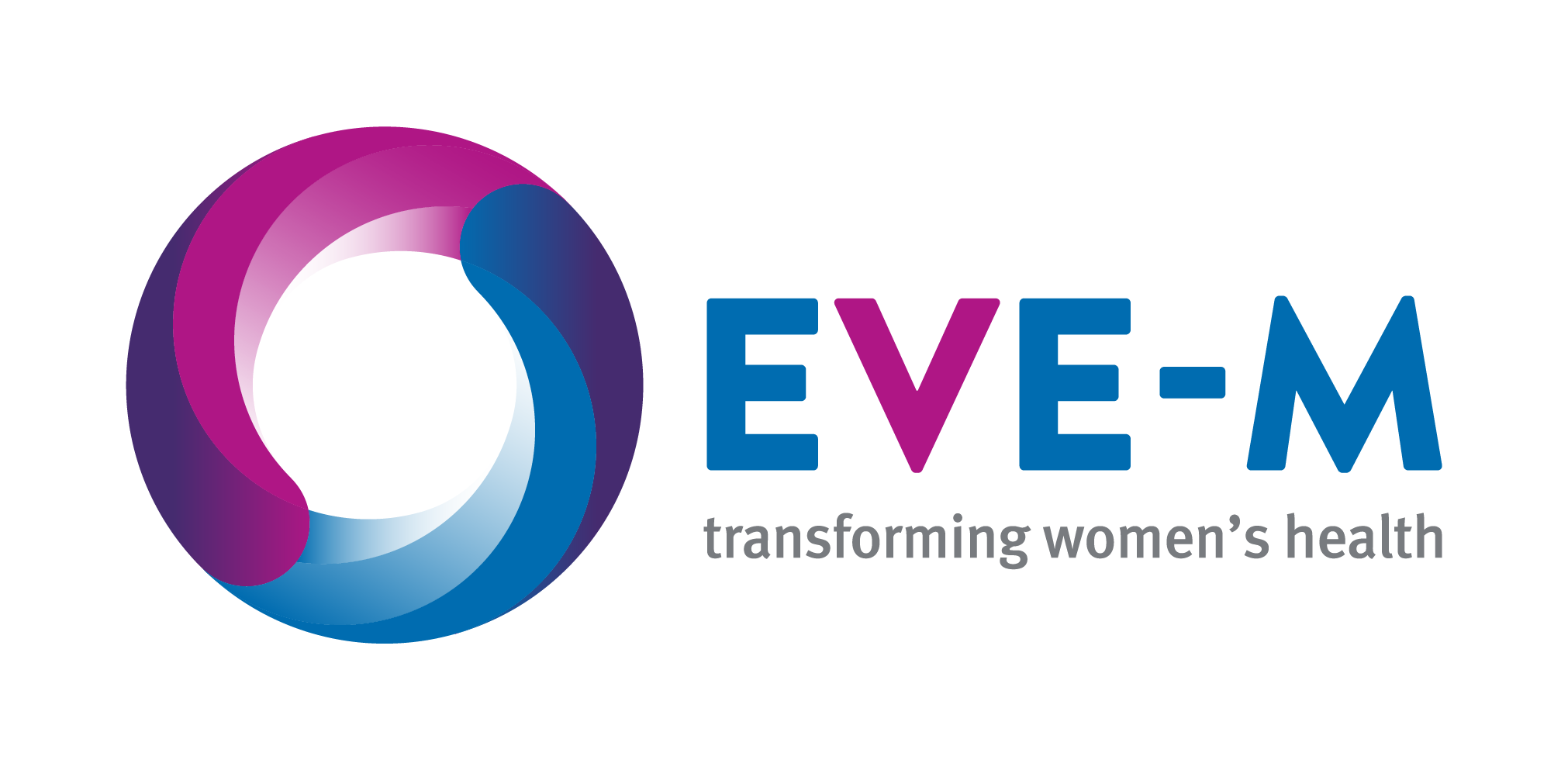The EVE-M Team
Investigators & Associate Investigators
Burnet Institute
Dr Joshua Hayward (Genital Microbiome Discovery Theme)
Burnet Institute, Australia
BScAdv(Hons), PhD
- Post-Doctoral Researcher, Burnet Institute
- Lecturer in Molecular Virology at Monash University
Dr Hayward is an emerging computational biologist. He links his skills with laboratory-based molecular biology to address critical questions about infectious diseases and the role of the vaginal microbiota in sexual and reproductive health. During his PhD candidature, Dr Hayward’s research was focused on the discovery of novel viruses and mammalian immune factors using laboratory-based and computational analyses of genomic and transcriptomic data. Dr Hayward’s computational biology skills were pivotal, generating preliminary data that led to the successful awarding of two NHMRC project grants to Professor Tachedjian (2017-18, 2019-21). In 2016, Dr Hayward trained at the Institute for Genomic Sciences in Baltimore (USA) under the tutelage of Professor Jacques Ravel, a world leader in the field of vaginal microbiome research. That training focussed on in vitro and bioinformatic analyses of the human vaginal microbiota.
Dr Hayward will be an investigator, working across Theme One: Genital Microbiome Discovery; Project 2: Genital Microbiome and Pregnancy, focusing on 2.1: characterise composition and structure of genital microbiome in pregnant women and link to LBW in women in PNG (HMHB); Project 3: Biomarker Discovery; and Project 4: Mechanistic trial of Bioactive (LA). He will also work as an investigator on the cross-cutting Project 8: Genital Microbiome Discovery Research Lab.
Paul Agius
Burnet Institute
BA, MSc (Applied Statistics)
- Applied Statistician and Senior Research Fellow, Burnet Institute
- Adjunct Senior Research Fellow at the School of Public Health and Preventative Medicine, Monash University
- Senior Biostatistician Fellow, the Australian Centre for Research Excellence in Malaria Elimination (ACREME)
Paul Agius is responsible for advancing biostatistics across the Institute’s principal disciplines: public health, life science and international development. Paul is highly experienced in conceptualising, undertaking and supervising sophisticated statistical modelling of complex laboratory and public health data, and in testing specific hypotheses relating to research in microbiology, virology, immunology, parasitology and maternal and child health fields.
His role as senior biostatistician in the Melbourne Genital Microbiota Group, which facilitates capacity for collaborative microbiome research between academics from Burnet Institute, Melbourne Sexual Health Centre, Monash University, Royal Women’s Hospital, Murdoch Children’s Research Institute and Swinburne University, is evidence of his interested and capacity in advancing the statistical analysis of microbiome data. In EVE-M, Paul will provide guidance, advice and expertise pertaining to matters concerning study design, development of statistical analysis plans and frameworks, and the application of statistical modelling. He will be lead biostatistician in the cross-cutting Project 8: Genital Microbiome Discovery Research Lab; and Associate Investigator on Project 2: Genital Microbiome, and Pregnancy in Theme 1: Genital Microbiome Discovery Research.
Professor Paul Dietze
Burnet Institute
BSc (Hons), PhD
- Program Director, Behaviours and Health Risks, Burnet Institute
Professor Dietze is known as one of the leading researchers in the alcohol and other drug sector in Australia and has developed and implemented novel research designs of international significance. He has led diverse projects ranging from establishing world-first surveillance systems through to clinical trials covering a diverse range of topics including condom development and sexual health, overdose response, methamphetamine treatment and hepatitis C treatment, as well as implementation studies involving take-home naloxone.
Professor Dietze has a strong track record of partnership with community groups, government and industry (e.g. convening and chairing the National Naloxone Reference Group which brings together all of these stakeholders and is working with Commonwealth and sponsors to manage naloxone shortages related to COVID-19). He has also received numerous awards, prizes and invitations to speak, including at the UN’s Commission on Narcotic Drugs (CND) in Vienna in March 2020. He was a key member of the Guidelines Development Group of the WHO’s Guidelines on Community Response to Overdose and a member of the UN Scientific Advisory Group to the CND.
In EVE-M, Professor Dietze will provide guidance and support to the human-centred design (HCD) study, its implementation and its management, including liaison with stakeholders and production of outputs.
Amy Kirwan
Burnet Institute
BA (Hons), MSocSci, MSW
- Program Manager, Behaviours and Health Risks, Burnet Institute
Amy has over 10 years’ experience in public and community health spanning direct service delivery, project management, research and policy. Her research interests include using human-centred design (HCD) and systems approaches to solve complex health problems. She manages outreach fieldworkers collecting data on drug and alcohol and justice health projects and public health evaluations. Amy will provide project and data management and public health research expertise to EVE-M’s HCD team to ensure that high-quality methods are used for product design and prototype acceptability testing.
Professor Caroline Homer AO
Burnet Institute
MNursing, MClinEpi, PhD (Midwifery)
- Co-Program Director, Maternal, Child and Adolescent Health, Burnet Institute
Professor Homer is a leading midwifery researcher in Australia. She has led local and international research and development projects relating to health services delivery, reproductive, maternal and newborn care, human resources for health workforce development, and midwifery education. Professor Homer has more than 30 years of experience in the sector – as a clinician, educator, researcher and leader. She has held prominent positions and her varied experience has helped develop her into a sector leader. In 2020 she was appointed by the WHO Director-General as the Inaugural Chair of the WHO's Strategic and Technical Advisory Group of Experts (STAGE) for Maternal, Newborn, Child, Adolescent Health, and Nutrition (2020-2022). She is also a member of WHO’s Scientific and Technical Advisory Group (STAG) for the UNDP/UNFPA/UNICEF/WHO/World Bank Special Programme of Research, Development and Research Training in Human Reproduction; the NHMRC Council; and the Victorian Consultative Committee on Maternal and Perinatal Morbidity and Mortality (CCOPMM) 2018-2020. She is currently co-chair of the Australian Commonwealth Department of Health and Ageing's National Expert Advisory Executive, Development of National Pregnancy Guidelines, and a member of the National Maternal and Perinatal Mortality Advisory Group at the Australian Institute of Health and Welfare. In EVE-M, Professor Homer will provide high-level technical support to human-centred design (HCD) and translation relating to spontaneous pre-term birth.
Professor Mark Stoové
Burnet Institute
- Head, Public Health Discipline, Burnet Institute
- Co-Head, HIV Elimination, Burnet Institute
- Head, Justice Health, Burnet Institute
- Adjunct Professor, School of Population Health and Preventive Medicine, Monash University
Professor Stoové is NHMRC Senior Research Fellow and a behavioural and infectious diseases epidemiologist and implementation scientist. He has researched the transmission and impact of blood borne viruses (BBVs) and sexually transmitted infections (STIs) among key risk populations for almost 20 years. His research focusses on the prevention of BBVs and STIs, improving the health of affected and vulnerable populations, developing novel and innovative approaches to epidemiological research and public health practice through bio-behavioural cohort studies, community trails and large-scale program implementations. He has led as a principal investigator or a co-chief investigator on several large NHMRC-funded cohort studies of prison and people who inject drugs, and has also led significant record linkage studies and program evaluations with these populations in Australia and overseas. He has also helped lead randomised controlled trials in hepatitis C prevention and sexual and reproductive health in Australia and international resource-limited settings. Professor Stoove will provide technical inputs to the design and implementation of the Vaginal Health Literacy Study including translating results throughout the EVE-M product design and evaluation process. He will also ensure gold standard user acceptability testing of EVE-M IVR and support product prototypes so that high quality human-centred design (HCD) and public health evidence is generated to support commercialisation of the products.
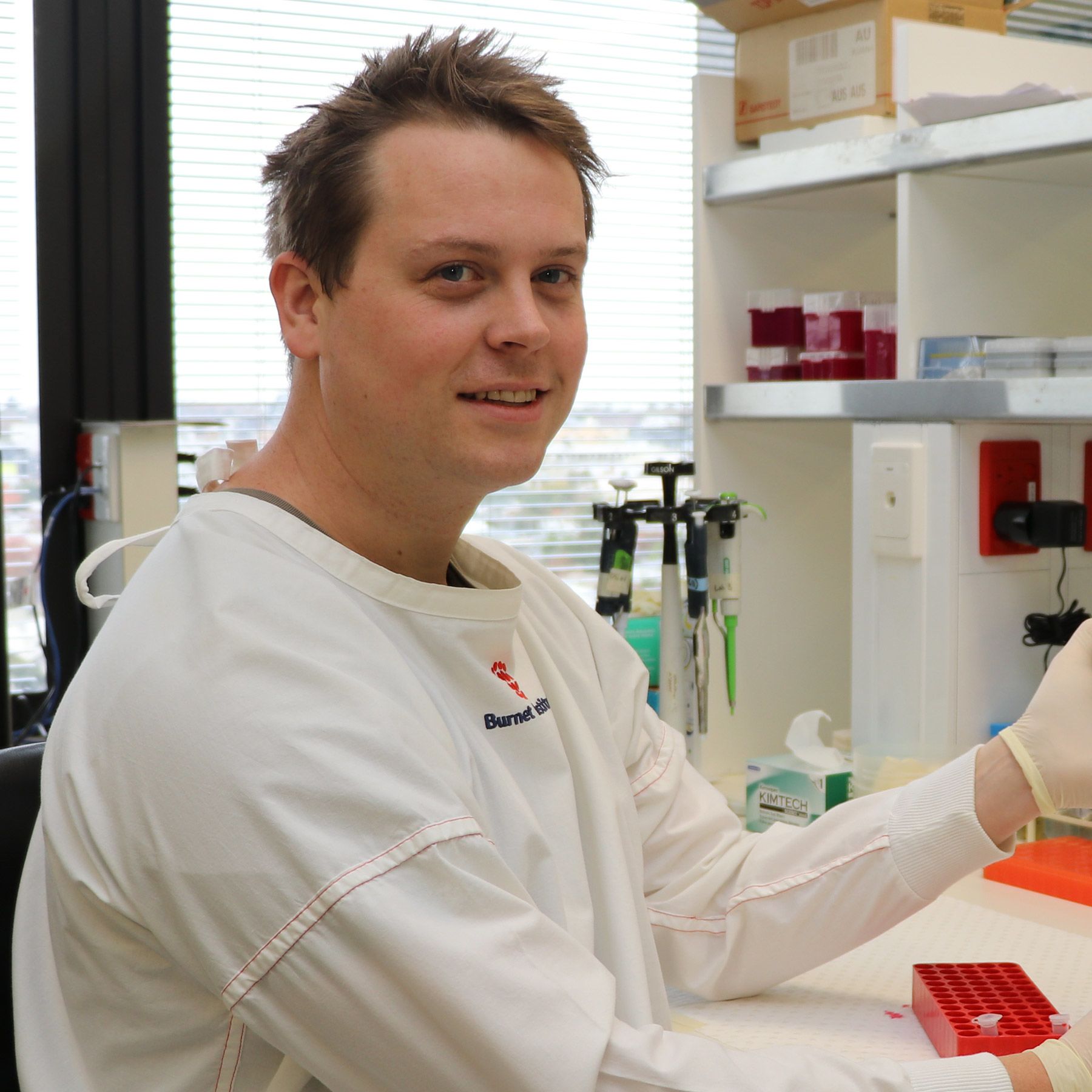
Dr Joshua Hayward
Dr Joshua Hayward
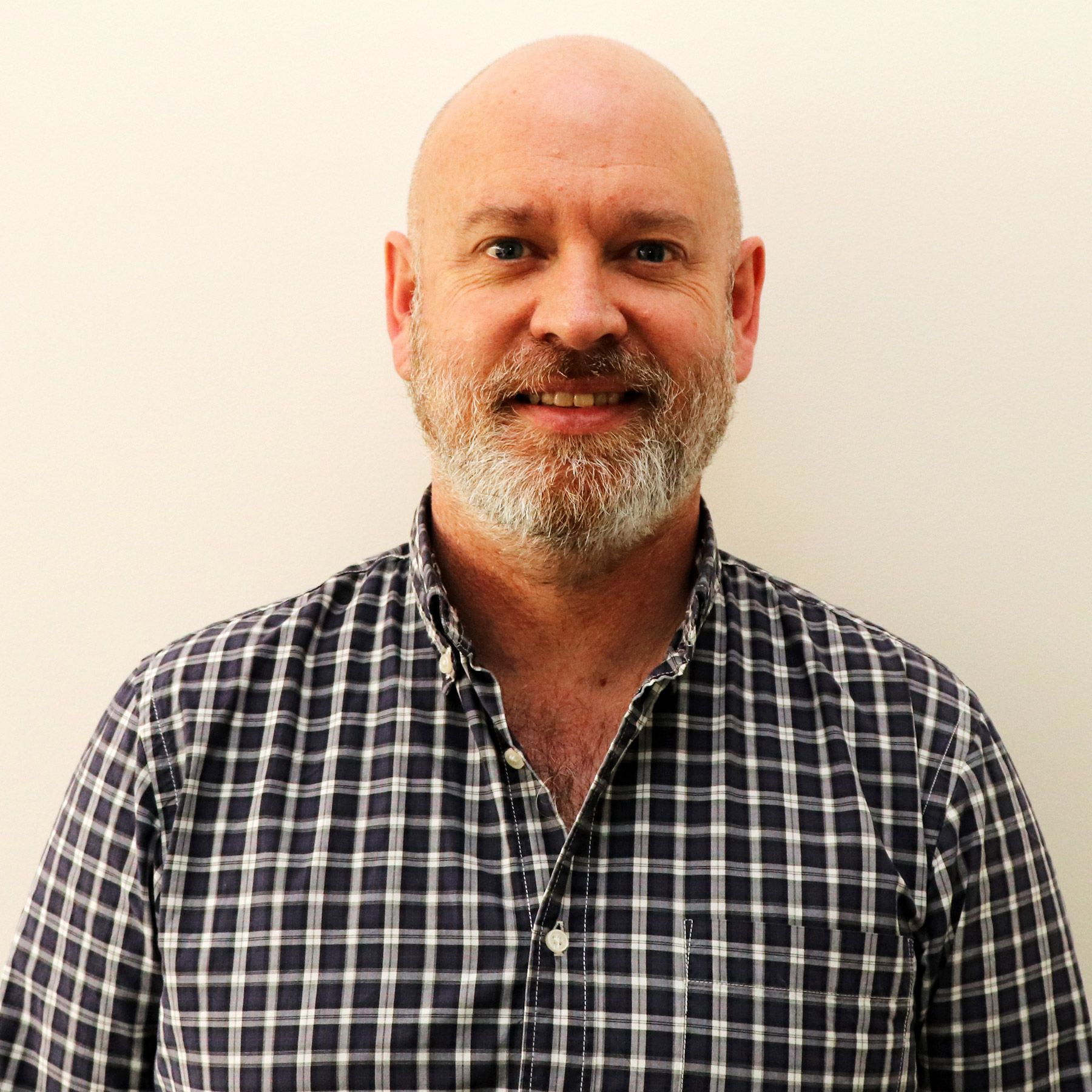
Paul Agius
Paul Agius
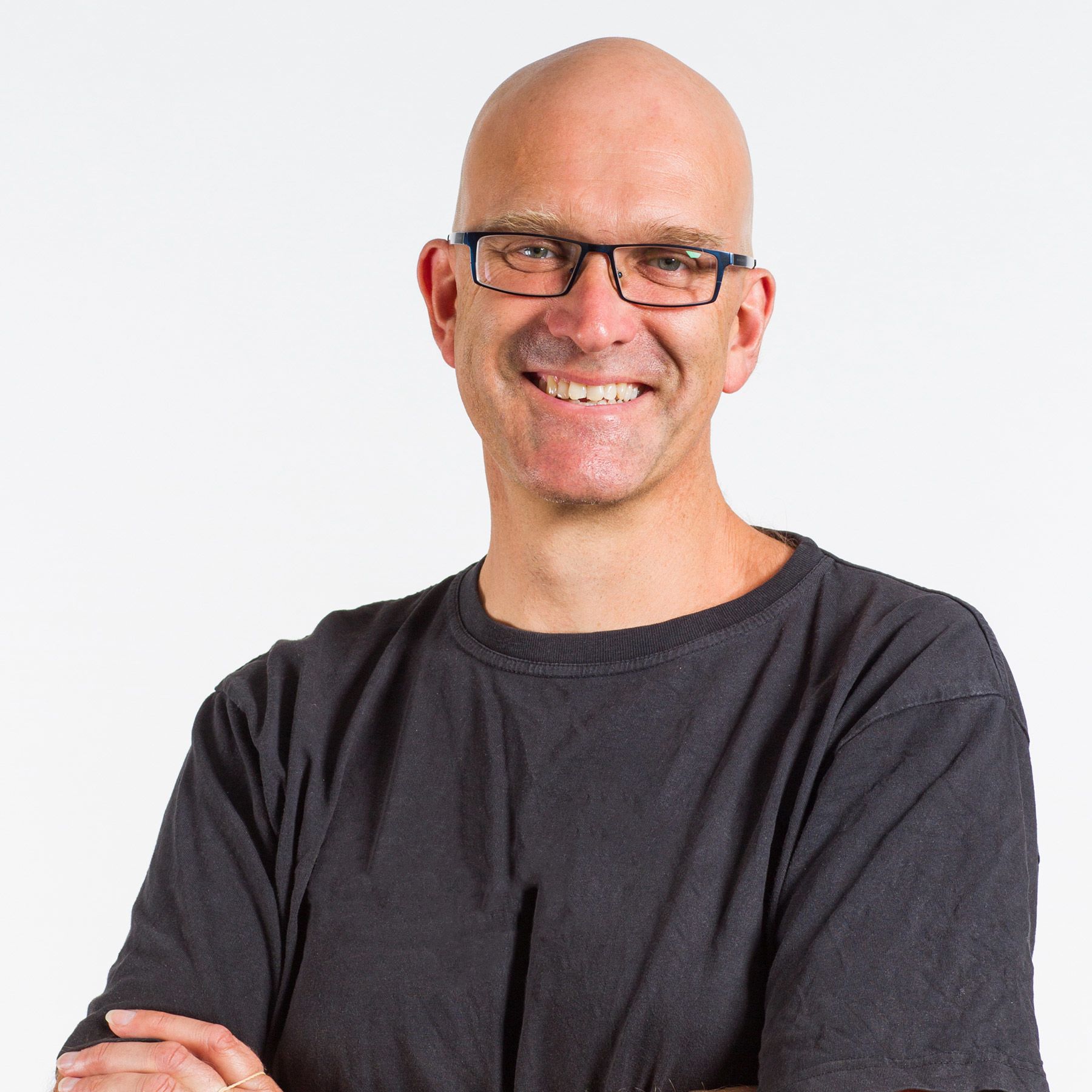
Professor Paul Dietze
Professor Paul Dietze
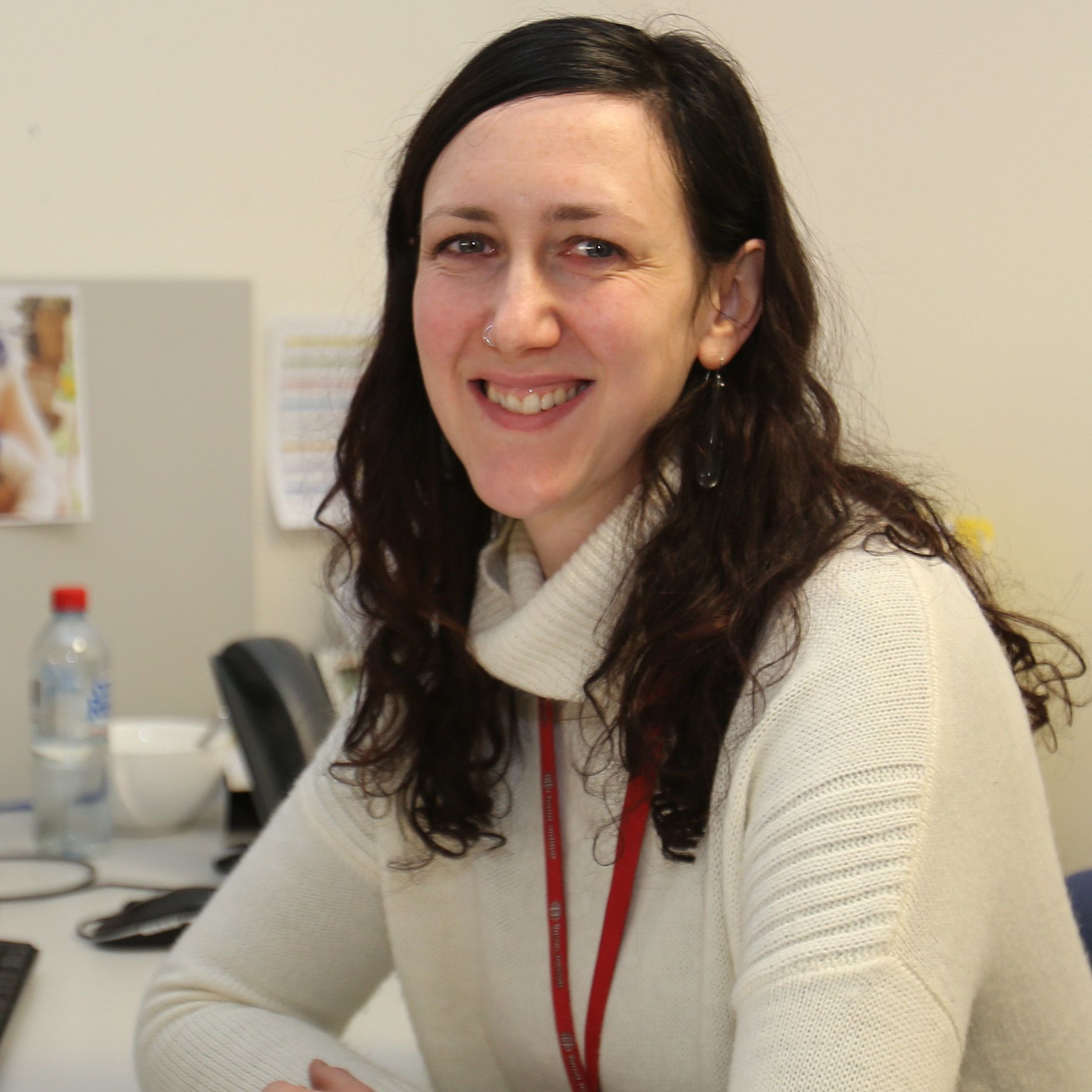
Amy Kirwan
Amy Kirwan
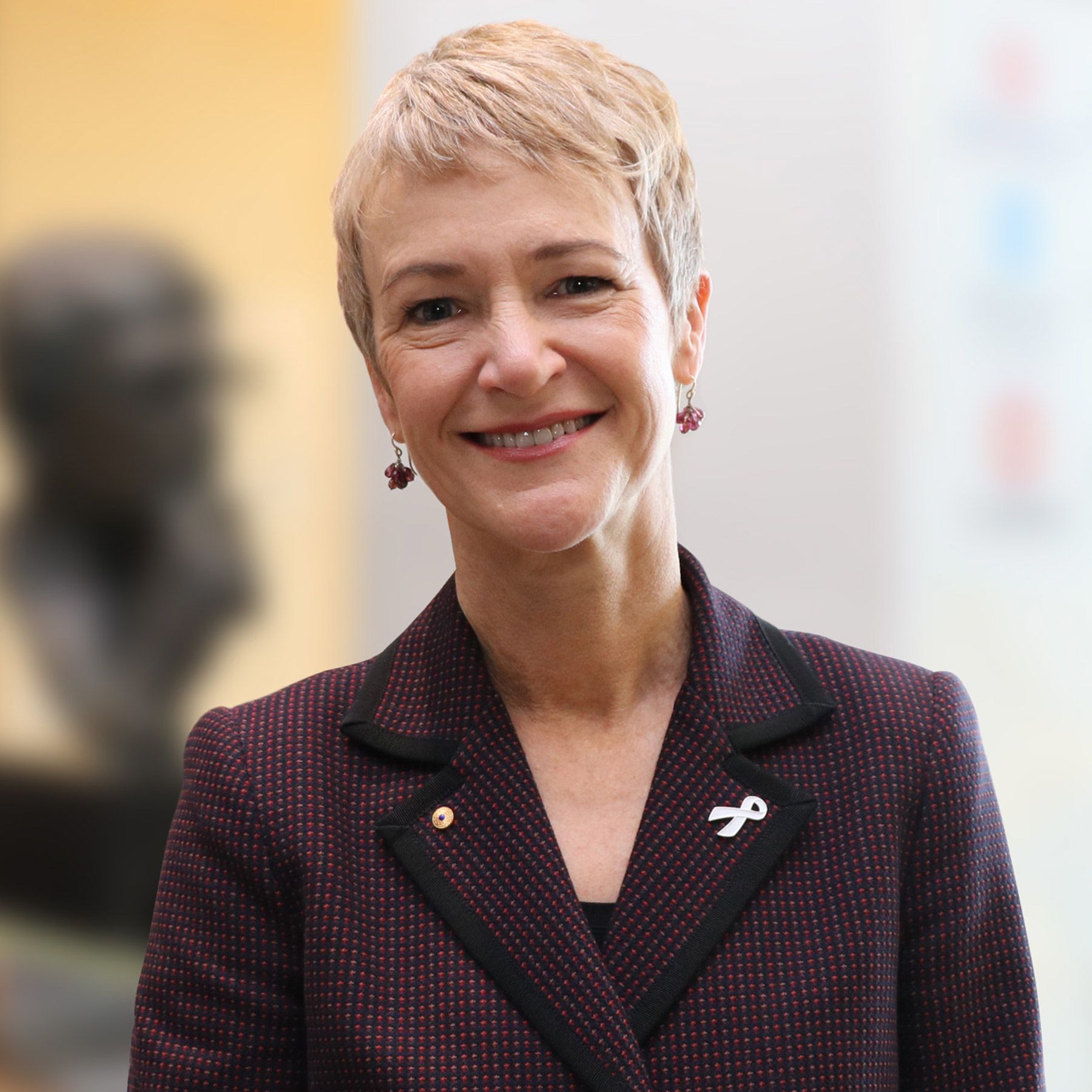
Professor Caroline Homer AO
Professor Caroline Homer AO

Professor Mark Stoové
Professor Mark Stoové
Curtin University
Professor Sandra Eades
Curtin University
MBBS, PhD (Medicine)
- Dean and Head, Curtin Medical School
Professor Eades is a Noongar physician, researcher and professor and the first Aboriginal medical practitioner to be awarded a Doctorate of Philosophy in 2003. She is skilled in nonprofit organisations, government, epidemiology, research design, and program evaluation. This is complemented by a strong education including a Doctor of Philosophy (PhD) in medicine from The University of Western Australia.
The voices of women are embedded in the leadership and design of EVE-M products. Women-centred design tools will be developed to engage diverse groups of Australian women in the human-centred design (HCD) process, including women from culturally and linguistically diverse backgrounds, women identifying as Aboriginal and Torres Strait Islander, and women living with disabilities. A core component of EVE-M activities will involve Indigenous women as key stakeholders in the design processes.
With her experience of working in the medical and biotechnology industry, Professor Eades will be an investigator on Project 1: V-MAP Genital Microbiome Population Studies (non-pregnant); in Theme 1: Genital Microbiome Discovery; and will provide advice and guidance to inform the Human Centred Design (HCD) process and engage with Indigenous populations.
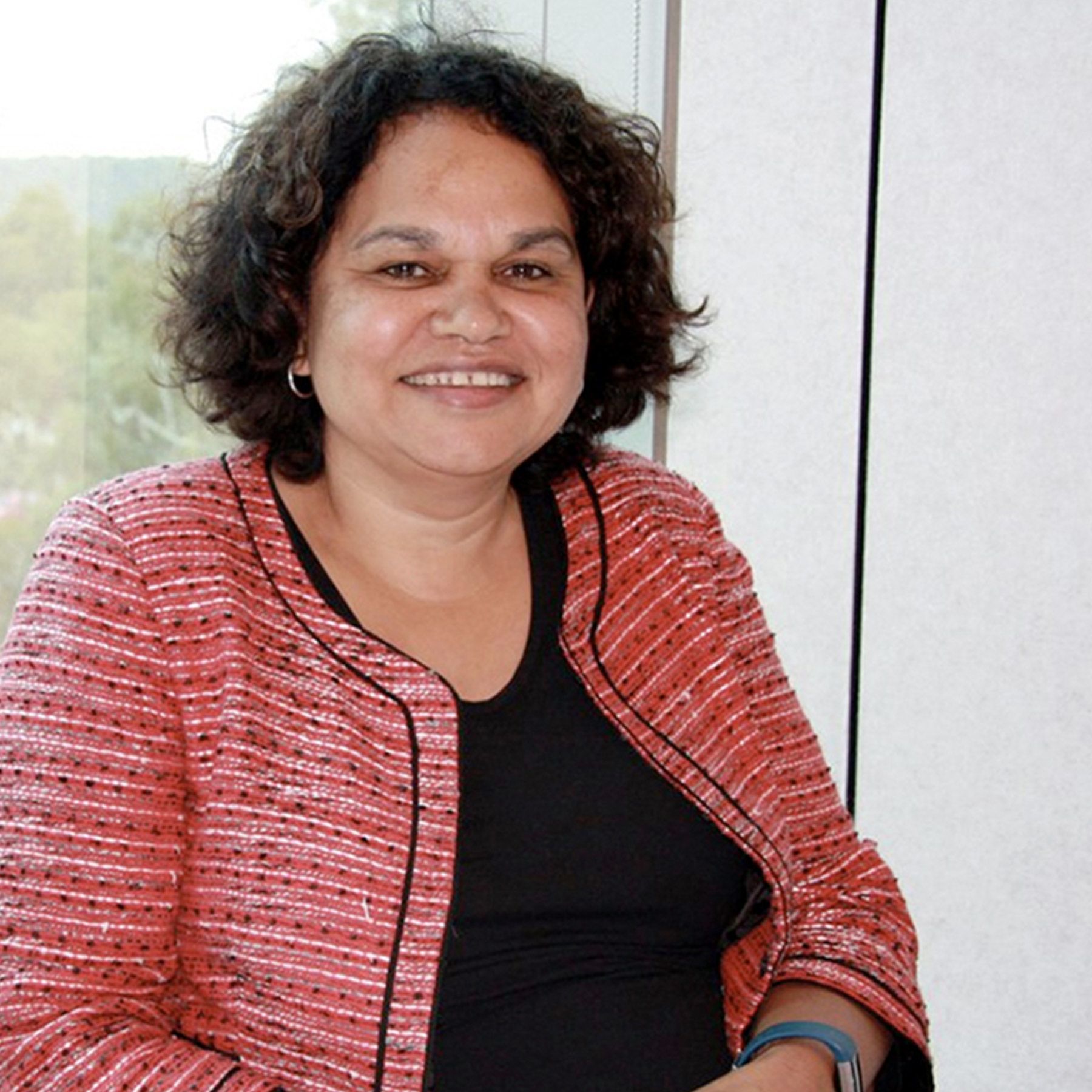
Professor Sandra Eades
Professor Sandra Eades
Microba
Dr David Wood (Biomarker Discovery)
Microba Pty Ltd
BSc (Hons), PhD
Dr Wood holds a BSc (Hons I) majoring in software engineering and genetics, and a PhD in bioinformatics completed in 2014. is a bioinformatician with 16 years’ experience (eight in academic research and eight in not-for-profit and commercial organisations). His primary field of research has been focused on development of bioinformatics applications for the analysis of genomic, transcriptomic and metagenomic data in model organisms and their application to clinical research.
Dr Wood has a keen interest in the application of high-throughput technologies in consumer products and public health, and for the last two and a half years has been leading the development of the bioinformatics platform at Microba Pty Limited, building highly accurate and fast turnaround cloud-based bioinformatics tools for the analysis of human gut microbiome samples. His research suggests that genomics technologies will continue to revolutionise many aspects of human health and his career ambition is to enable this for public good.
Dr Wood will be working on EVE-M Project 3, Biomarker Discovery. He will be applying his skills as a bioinfomatician, processing the EVE-M genital samples to identify vaginal microbiome bioactives.
Professor Gene Tyson
Microba Pty Ltd
BSc (Microbiology), PhD (Microbiology)
- Co-Founder, Microba
- Professor of Microbial Genomics, Faculty of Health, School of Biomedical Sciences, the University of Queensland
Professor Tyson is a microbial ecologist and an Australian Research Council Future Fellow. He is an internationally recognised expert in microbiome analysis and a pioneer in the use of metagenomic sequencing for assessing natural microbial communities. Professor Tyson’s group at QUT applies metagenomic and metatranscriptomic approaches to understand the structure and function of engineered systems and natural ecosystems. His research is primarily focused on exploring novel diversity with a special interest in microorganisms involved in methane cycling. In his roles at QUT and Microba Pty Ltd, he continues to explore the links between the human gut microbiome, and health and disease.
Professor Tyson’s technical expertise include bioinformatic analysis of meta-omics data from isolates, single cells, and communities, including recovery and quality assessment metagenome assembled genomes, and single cell visualisation techniques, including the development of a novel fluorescence in situ hybridisation approach (GenomeFISH) that enables visual differentiation of organisms at the species/strain level.
There are three patents under Professor Tyson's name - the Australian Provisional Patent for “GIZA Sequencing Method and Apparatus”, and “Enzymatic metal processing”; and the US Patent for “Probes and primers for the detection of polyphosphate accumulating organisms in wastewater”.
In EVE-M, Professor Tyson will be working with his Microba team members on the Biomarker Discovery project.
Associate Professor Lutz Krause
Microba Pty Ltd
PhD
- Head of Data Mining and Artificial Intelligence, Microba Pty Ltd
Associate Professor Krause is a bioinformatics researcher with particular expertise in the role of the gut microbiome in metabolic and inflammatory diseases. He has extensive experience in the analysis of large and complex omics data, including metagenomics, whole-genome sequencing, genome-wide methylation, gene expression, copy-number alterations, and structural variations. His research comprises the genomics of the human microbiome and parasites, the genetics of complex diseases, and biomarker discovery.
Associate Professor Krause’s expertise in bioinformatics, biostatistics and data-mining has made significant contributions to cancer research. He has led the discovery of genetic and epigenetic biomarkers of treatment response and prognosis for oesophageal adenocarcinoma (OAC), as well as whole genome sequencing, genome assembly, functional annotation and comparative genomics of important human parasites.
At Microba, Associate Professor Krause’s team applies statistics and artificial intelligence to develop new diagnostic methods and identify microbial bioactive compounds for the treatment of inflammatory bowel disease and other gut-related diseases. Their research has identified several gut microbiome-derived therapeutic candidates with anti-inflammatory capabilities currently in pre-clinical development.
In EVE-M he will be responsible for determining the positive association between bacteria, archaea, fungi and the vaginal microbiome. Additionally, functional characteristics of these bacteria will be identified for further research by the EVE-M group.
Dr Nicola Angel
Microba Pty Ltd
BSc (Molecular Biochemistry), PhD (Biochemistry and Molecular Biology)
- Head of Laboratory Operations, Microba Pty Ltd
Dr Angel’s scientific endeavours focus on understanding disease processes through molecular based genetic techniques which have covered areas of immunology, transgenics, and drug design and discovery. Her work in the USA was instrumental in creating models for osteoporosis to enable the testing of treatments in mouse models. Her projects have been based in pharmaceutical company-based funding, including her final post-doctoral position at the Mater Medical Research Institute, which involved the investigation of dendritic cell function and targets that could be identified for treatment of a range of human diseases.
Following an interest in developing diagnostics and sequencing techniques, Dr Angel then specialised in the development and operation of field-based qPCR assays for applications, including surveillance by the Defence Force. As next generation sequencing advanced, she focused on the development of a world recognised service centre, at the Australian Centre for Ecogenomics, which employed sequencing techniques to analyse the microbial populations in a wide range of environmental and clinical sample types, located within the University of Queensland.
With many years of experience in the establishment of novel assay systems for the identification and testing of elements involved in human disease processes and ensuring laboratory processing systems are built to international standards (ISO) for service provision, Nicola will provide robust analysis and technical assistance in EVE-M.

Dr David Wood
Dr David Wood

Professor Gene Tyson
Professor Gene Tyson
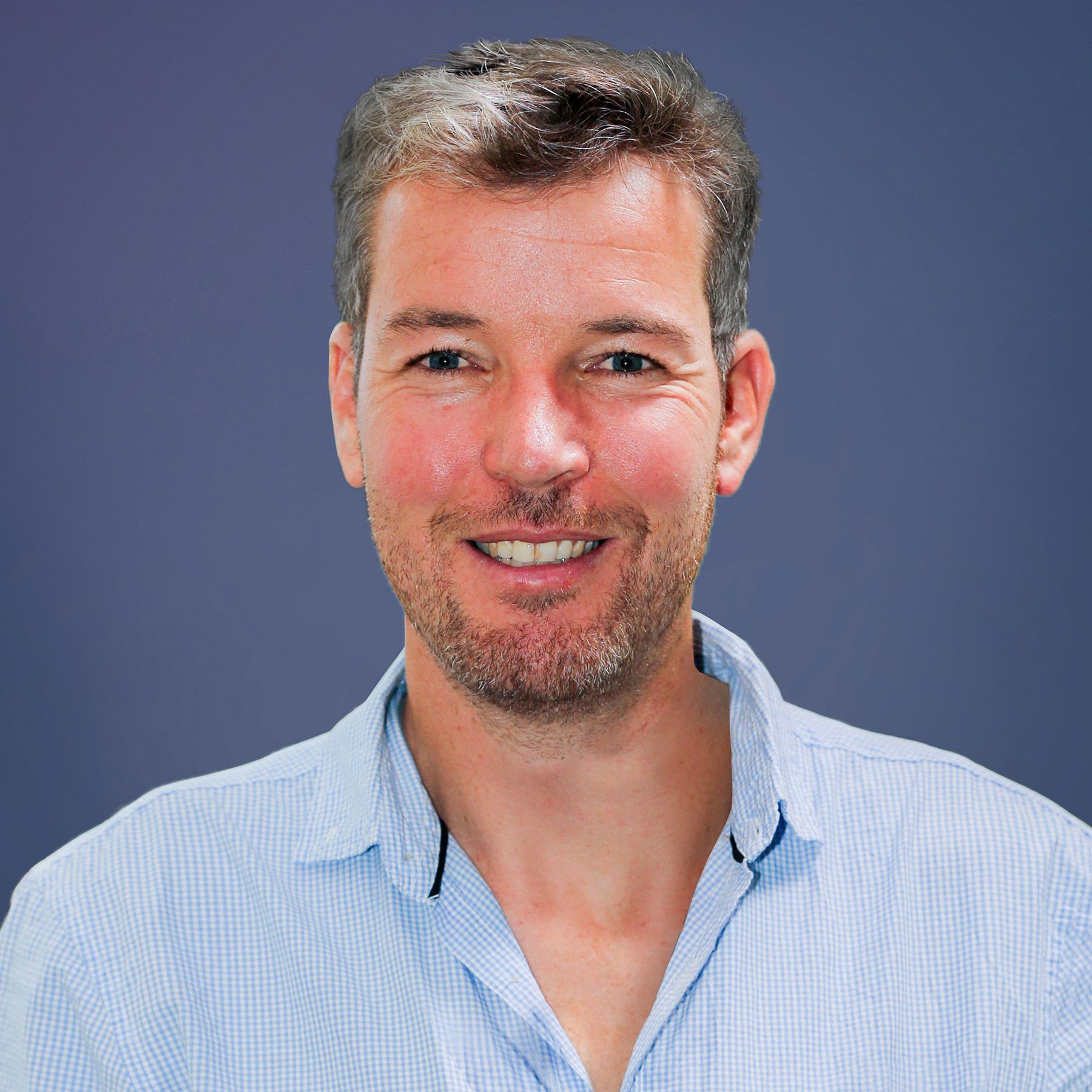
Associate Professor Lutz Krause
Associate Professor Lutz Krause
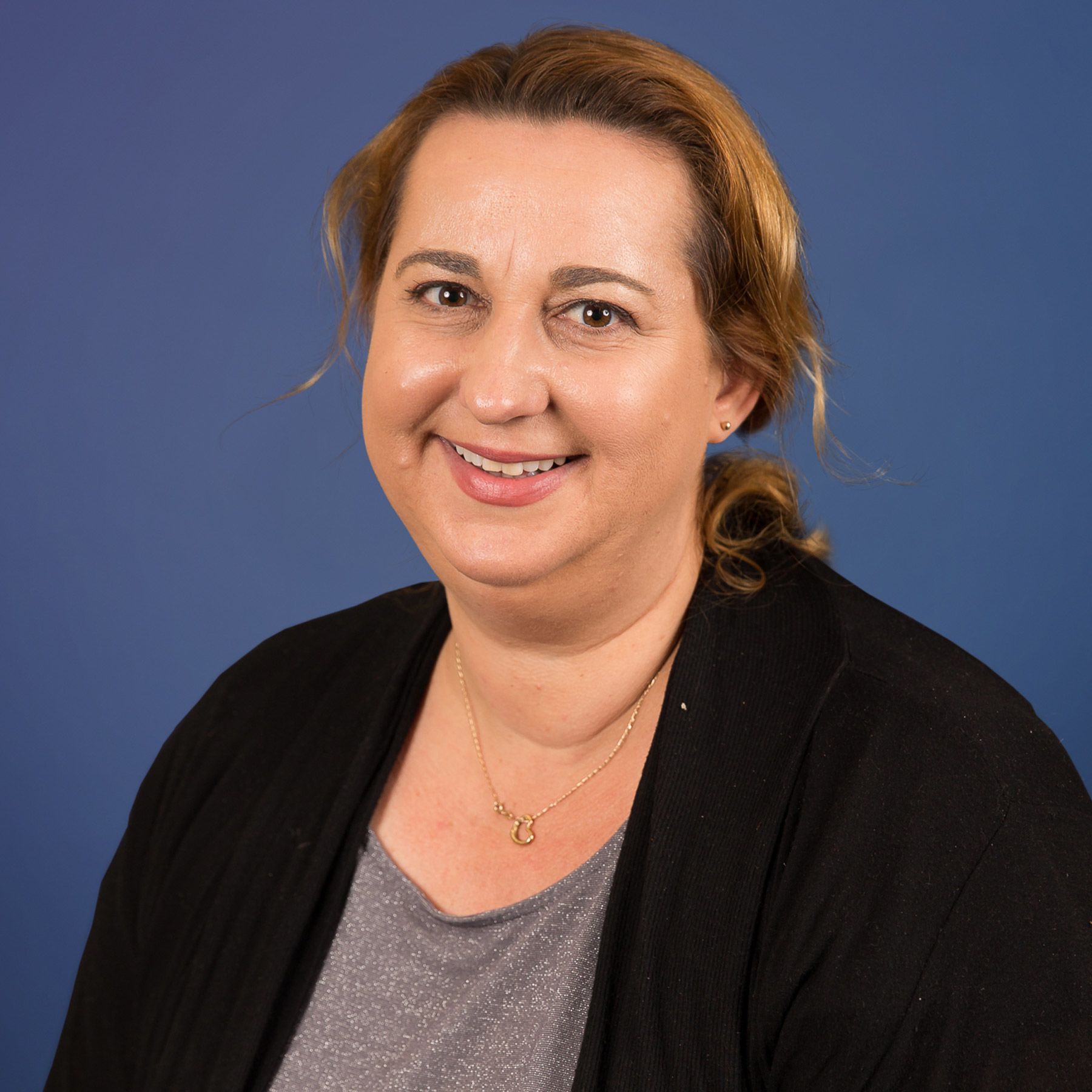
Dr Nicola Angel
Dr Nicola Angel
Monash University
Erica Plummer (VMAP Population Study)
Monash University
MSc
- Research Assistant, Melbourne Sexual Health Centre, Monash University
Erica Plummer is an early career bioinformatician currently working with the Melbourne Sexual Health Centre, and the Centre for Women's Infectious Diseases at the Royal Women’s Hospital. Erica has worked in Dr Bradshaw’s group for four years and is currently completing a PhD. Erica will be undertaking her post-doctoral fellowship at Melbourne Sexual Health Centre for the duration of this project and will be working full time on V-MAP.
Erica has a considerable expertise in microbiology, bioinformatics, and genomics, and excellent organisation, communication, leadership and technical skills. Erica will work across all aspects of V-MAP performing the bioinformatics processing and analysis of all high-throughput data generated within V-MAP. She will also assist Burnet in the development of the Vaginal Microbiota Research laboratory as part of EVE-M, and by providing ongoing expert bioinformatics advice across all EVE-M projects.
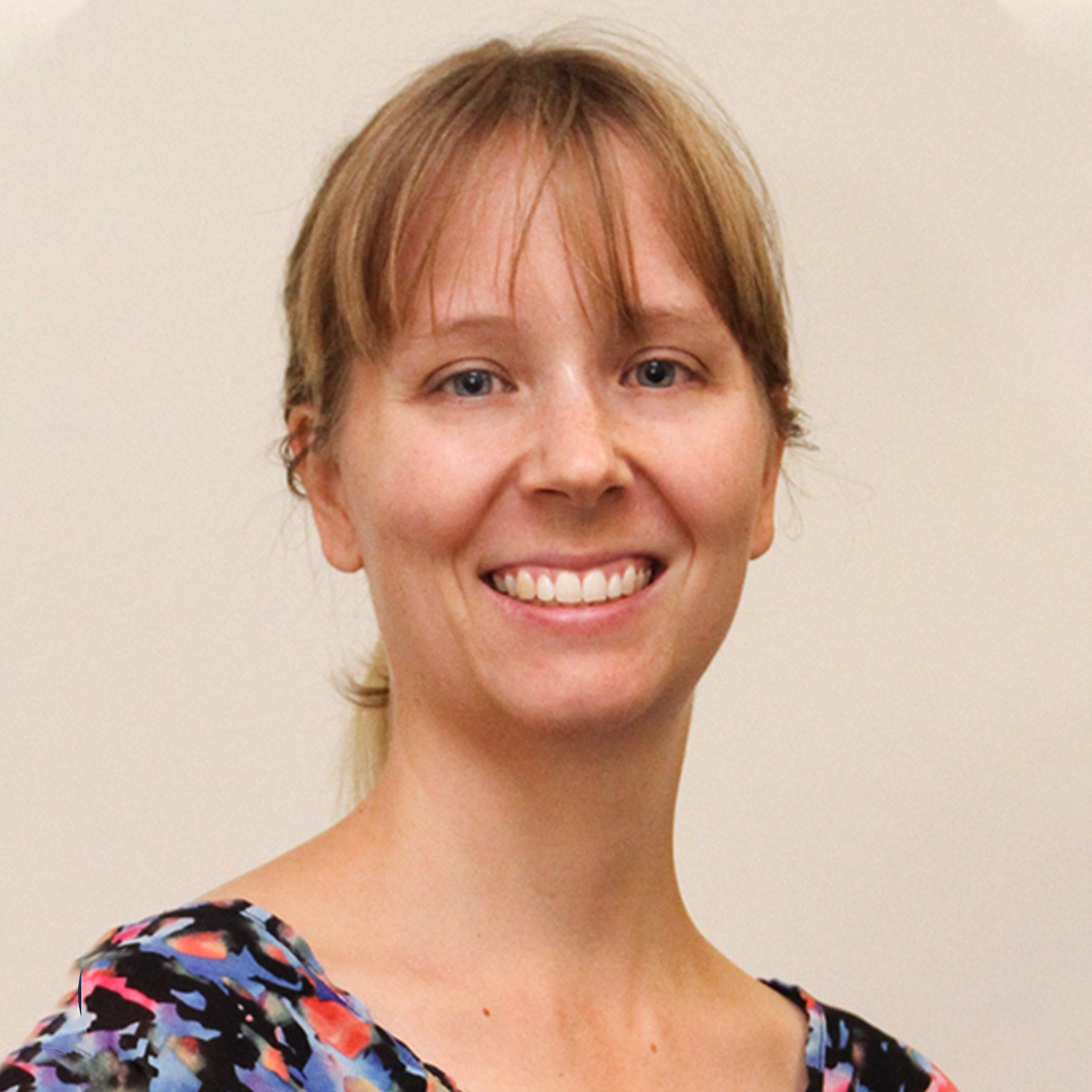
Erica Plummer
Erica Plummer
Mucommune
Dr Sam Lai
Mucommune
BEng (Chemical and Biomolecular), PhD (Chemical and Biomolecular)
- Director, Pharmacoengineering Program, Division of Pharmacoengineering and Molecular Pharmaceutics
- Assistant Director, Academic Innovation, Eshelman Institute for Innovation
- Associate Professor, Division of Pharmacoengineering and Molecular Pharmaceutics
- Associate Professor, Department of Biomedical Engineering, University of North Carolina (UNC) at Chapel Hill
- Founder, Interim CEO and CSO of Mucommune, LLC
Dr Lai’s work at Mucommune LLC focuses on the interface of mucus, immunology, nanotechnology, biomaterials, biophysics, bioengineering and modelling. He has a strong track record of inventing and advancing biomedical technologies that can improve mucosal health into clinical setting. As part of his graduate and post-doctoral work at Johns Hopkins University, he engineered INVELTYSTM, the first twice-daily (BID) ocular corticosteroid treatment for post-operative inflammation and pain following ocular surgery. It was developed based on the MPP technology, and received FDA approval in 2018. A second drug, KPI-121 for treatment of dry eye disease, is currently in the second Phase 3 clinical trial. His lab at UNC pioneered the discovery of “muco-trapping” - antibodies that can trap both viral and bacterial pathogens in mucus, via interactions between the mucins and Fc domains on antibodies. This effort led to a Packard Fellowship in Science and Engineering and a NSF CAREER Award. The translational development of the technology currently supported by over $17M in Federal grants, with anticipated INDs in late 2020, late 2021 and mid 2022 for 3 products. Dr Lai will be part of the Mucommune USA and Mucommune Australia team, and serve as an advisor to projects in Theme Two: Innovative Technology Development, including Project 5: Intravaginal Ring (BV); Project 6: Intravaginal Ring (sPTB); and Project 7.1 Multipurpose Prevention Technology (unplanned pregnancy, STI/BV).
Dr Keiichiro Kushiro
Mucommune
BSc (Chemical and Biomolecular Engineering), PhD (Biochemistry and Cell Engineering)
- Associate Professor, University of Tokyo
- Director of Research, Mucommune LLC
Dr Kushiro is directing and spearheading new projects at Mucommune to build the company’s R&D pipeline in female reproductive health. This includes developing vaginal rings that can stably and slowly release novel antibodies for non-hormonal contraception and prophylactic against sexually transmitted diseases. He specialises in material engineering and cell engineering, focusing on the biointerface between biomaterials, cells and biomolecules. He has a strong academic track record with 25 published research articles cited over 200 times in areas of analytical biodevices, non-swelling hydrogels, crosslinking silicone polymers, and micro/nano-structured biomaterials. He received multiple awards from Japanese academic societies and has clinical experience in developing artificial lungs in collaboration with Fuji Systems in Japan.
Dr Kushiro will be a part of the Mucommune USA and Mucommune Australia team, overseeing research executions and validation experiments for EVE-M projects in Theme Two: Innovative Technology Development, including Project 5: Intravaginal Ring (BV); Project 6: Intravaginal Ring (sPTB); and Project 7.1 Multipurpose Prevention Technology (unplanned pregnancy, STI/BV).
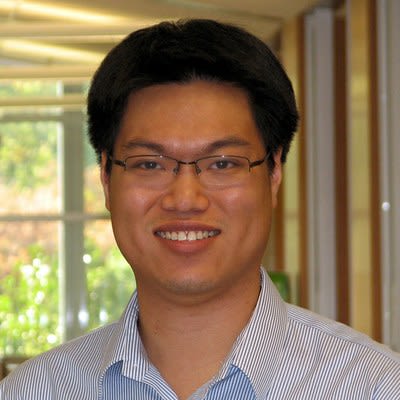
Dr Sam Lai
Dr Sam Lai
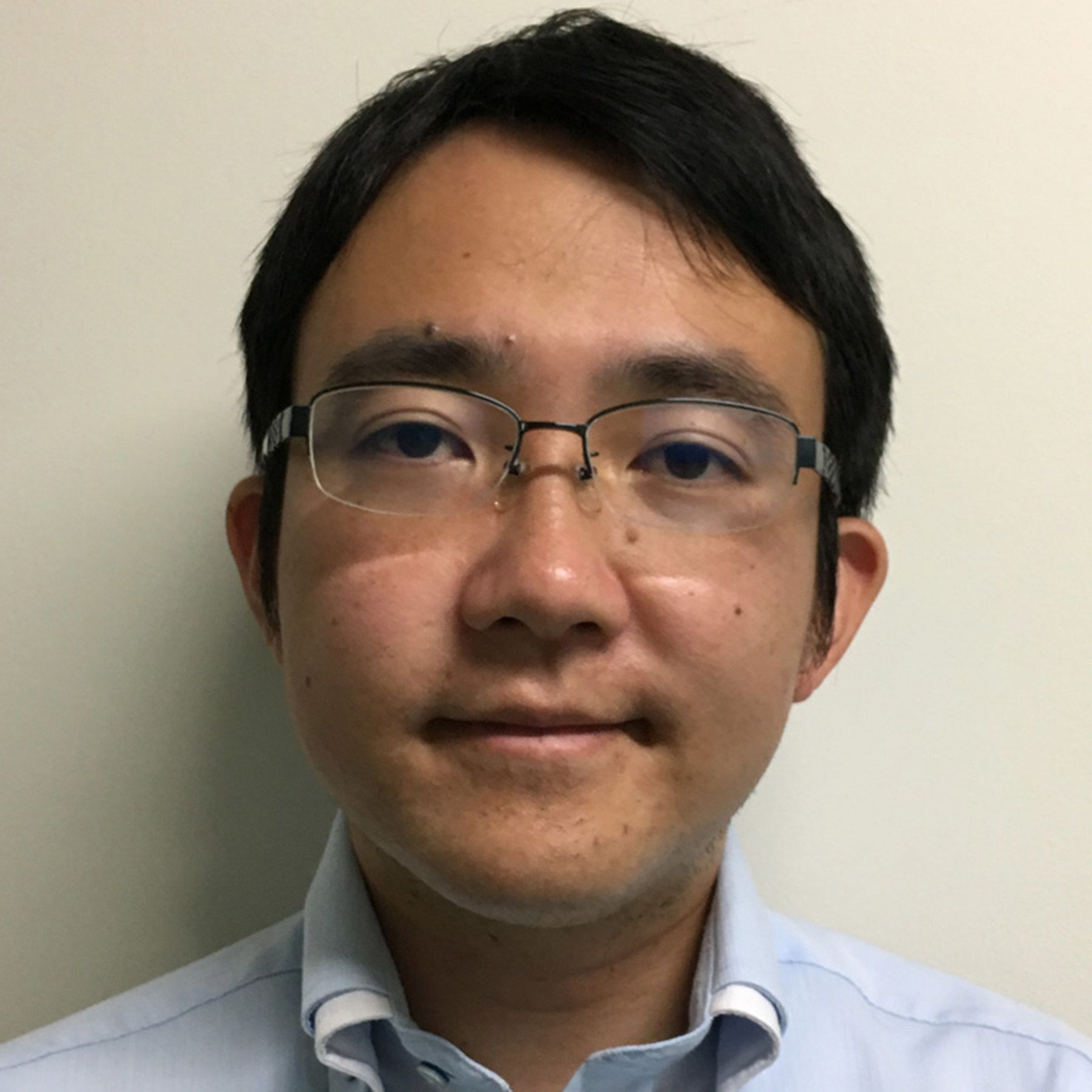
Dr Keiichiro Kushiro
Dr Keiichiro Kushiro
Swinburne University of Technology
Dr Belinda Paulovich (Human-Centred Design)
Swinburne University of Technology
PhD
- Lecturer, Communication Design, Swinburne University of Technology
Dr Belinda Paulovich has worked in urban and regional settings across Australia as a design practitioner, educator and researcher. Adopting a human-centred design framework, she has worked closely with clients from government, public healthcare and the research sector, creating well-designed, clinically accurate health communication outputs. Her research investigates the role of design in improving health, wellbeing and social outcomes across the lifespan.
Within this project, Belinda will be focused on designing and delivering human-centred design activities that position women as leaders in the design of products that concern their reproductive and sexual health. She will draw on her years of experience in design practice to ensure that the insights provided by the participants are aligned with the possibilities and restraints of commercial product development while at the same time accurately reflecting user needs.
Dr Bridgette Engeler (Human Centred Design)
Swinburne University of Technology
MA (Women’s Studies), PhD
- Futurist, Senior Lecturer in Strategic Design, Foresight, Entrepreneurship and Innovation, Swinburne University of Technology
Dr Bridgette Engeler is a Senior Lecturer in the areas of strategic design, foresight and design-led innovation across undergraduate and postgraduate programs in design, business and entrepreneurship.
Bridgette’s PhD focuses on the capacity for anticipation in design to ensure better futures for all. Her current research projects include co-creating experiential futures in performance, using participatory design to support people’s sexual health and wellbeing, public participatory design labs, strategic design to inform the development of a hydrogel condom, and using co-design to create solutions that empower adults with early-onset dementia. Prior to joining Swinburne, Bridgette worked on myriad brand, design and innovation projects that are recognised in Australia and internationally across the health, government, research, retail, banking and finance, hospitality, leisure and manufacturing sectors.
Bridgette brings 25 years’ experience in HCD and strategic design as an investigator on the cross-cutting Project 9: Human Centred Design and Pubic Health Research.
Associate Professor Gianni Renda (Human Centred Design)
Swinburne University of Technology, Australia
BID, PhD
- Deputy Chair, Department of Architectural and Industrial Design, School of Design
Associate Professor Renda’s research focus is within the nexus of health and design. He has published in the area of stigma around assistive products, as well as innovation within this space. Previous to his current role, he was Deputy Director of the ARC Training Centre in Biodevices at Swinburne, a $1.8 million initiative with industry and doctoral students working together to create translational research outcomes. The Centre was extremely successful and resulted in provisional patents, publications and commercialisation of products.
Associate Professor Renda has had extensive industry experience, working professionally as a graphic designer and retoucher, digital press operator, lighting designer, and as an exhibition and stage set designer. He holds a PhD in Industrial Design, a Bachelor of Industrial Design with First Class Honours and a Diploma of Sustainability from Swinburne University of Technology, and a Diploma of Printing and Graphic Art from RMIT. He will be an investigator on Project 9: Human Centred Design and Pubic Health Research, working across the manufacturing and product design aspects, and HCD processes.
Dr Nina Eikelis
Swinburne University of Technology
PhD
- Research Fellow
Dr Nina Eikelis is a biomedical scientist with significant expertise in studying fundamental mechanisms of disease development. During her research career she obtained training in experimental models, molecular biology and clinical physiology. Her research focus over recent years has developed further in molecular biology and analytical methods. Within the Division of Cardiovascular Neuroscience at the Baker Heart & Diabetes Institute, Dr Eikelis established and led the molecular profiling and analytical programs (including omics approaches) of the Human Neurotransmitters Laboratory, with a particular focus on understanding molecular mechanisms of obesity and related co-morbidities.
Dr Eikelis has a multidisciplinary track record with publications in the fields of obesity, hypertension, metabolic physiology and molecular biology in models including human metabolic and clinical studies. Since her move to Swinburne University in 2017, Dr Eikelis has been part of the GelDom team and has recently led Swinburne’s program in investigating the role of vaginal microbiome in women’s health and disease. Her initial studies examined the role of obesity on the vaginal microbiome and combine sequencing of the V3/V4 regions with metabolic analysis of the vaginal microbiome.
In EVE-M, Dr Eikelis will be assisting with analytical methods (including HPLC and LC for measurements of metabolites and different isoforms of lactic acid).
Professor Blair Kuys
Swinburne University of Technology
PhD (Industrial Design)
- Director, Centre for Design Innovation, Swinburne University
As an active researcher at the Centre for Design Innovation in Swinburne University, Professor Kuys focuses on strategic and transformative design research used as an enabler for design innovation to turn good ideas into commercial outcomes. Professor Kuys has extensive experience in product development and has a strong track-record in industry-university engagement. Over the past seven years, he has signed over 30 industry-university research projects to the value of $7.2M.
Professor Kuys has been instrumental in helping numerous manufacturers diversify into new markets. He has recent successes in integrating 3D printing into commercial lighting for Melbourne-based manufacturer LimeLite, as well as creating Australia’s first customisable skylight that is bushfire certified and hail, cyclone and leak resistant for Melbourne manufacturer Atlite Skylights. In 2018 and 2019, he won Good Design Awards for his products with Atlite Skylights. Blair has also been awarded six Vice-Chancellor's Awards over the past eight years, which is the highest accolade within Swinburne University of Technology.
Professor Kuys’ role within EVE-M is to provide oversight of the HCD, product design and manufacturing aspects within cross-cutting theme Project 9: Human Centred Design and Pubic Health Research.
Distinguished Professor Richard Osborne
Swinburne University of Technology
BSc (Biology), PhD (Epidemiology)
- Distinguished Professor of Health Sciences and Director, Centre for Global Health and Equity, Faculty of Health, Arts and Design, Swinburne University
- Honorary Professor, Copenhagen University, Denmark
- Honorary Professor, Thammasat University, Thailand
- WHO Consultant, Health Literacy Interventions
Professor Osborne and his team have an exceptional track record in building new methods and tools that are implemented globally and are useful for Public Health, Healthcare, Digital Health and Policy sectors. These practical research outputs include a range of measurement tools (HLQ, eHLQ, heiQ, MAPT, CHAT, OrgHLR) that enable community-wide co-design to generate whole of system improvements in health and community services to reduce health inequalities and increase service quality. The latter key research output is called the Ophelia (Optimising Health Literacy and Access) Process applied in many parts of the world, including within WHO National Health Literacy Demonstration Projects (WHO NHLDPs) and will be part of the framework utilised for the EVE-M human centred design program.
Professor Osborne developed the Health Literacy Questionnaire (HLQ) which has become one of the most widely used health literacy tools in the world. It is being applied in government-sponsored National Health Surveys, clinical trials, multi-national evaluations, and numerous quality improvement initiatives. This questionnaire is having a global impact; among the 12,500 health literacy papers published in the past 10 years, it is 2nd most highly sighted original research paper (280 cites) and over 400 research projects are registered to use it.
Professor Osborne will provide his health literacy expertise to the greater EVE-M program while directly consulting on the use of Ophelia and the HLQ by the Human Centred Design team.
Professor Gavin Lambert
Swinburne University of Technology
PhD (Physiology)
- Foundation Director of the Iverson Health Innovation Institute
- Fellow of the American Heart Association
- Board Member of the Barbara Dicker Brain Sciences Foundation
- Executive Member (Secretary) of the High Blood Pressure Research Council of Australia
- Medical Device Partnering Program (MDPP) Victoria Steering Committee
Professor Lambert is a research scientist and has over 30 years of experience in clinical physiology and medical research. His research focus includes understanding the mechanisms of chronic diseases, including obesity-related conditions such as the metabolic syndrome, diabetes and polycystic ovary disease, high blood pressure and psychological stress. He has collaborated recently on programs investigating the role of the sympathetic nervous system in breast cancer and, together with CI Dr Eikelis and Dr Cook, the link between impaired glucose control and vaginal dysbiosis.
Professor Lambert was involved in the first in man experiments involving renal sympathetic nerve denervation and worked as a consultant for Medtronic (who purchased the technology from our clinical trial sponsor, Ardian Inc). This work has culminated in the development of catheter-based approaches of renal denervation for the treatment of resistant hypertension. He is involved in ongoing programs to develop novel and more specific approaches of blood pressure control.
Professor Lambert will actively engage with the EVE-M research team and will provide advice and support for the clinical trials and experimental arms of the program and will offer insight into possible linkage with the MDPP. As Director of the Iverson Health Innovation Research Institute, he will facilitate cross-faculty and cross-institution multidisciplinary collaboration.

Dr Belinda Paulovich
Dr Belinda Paulovich
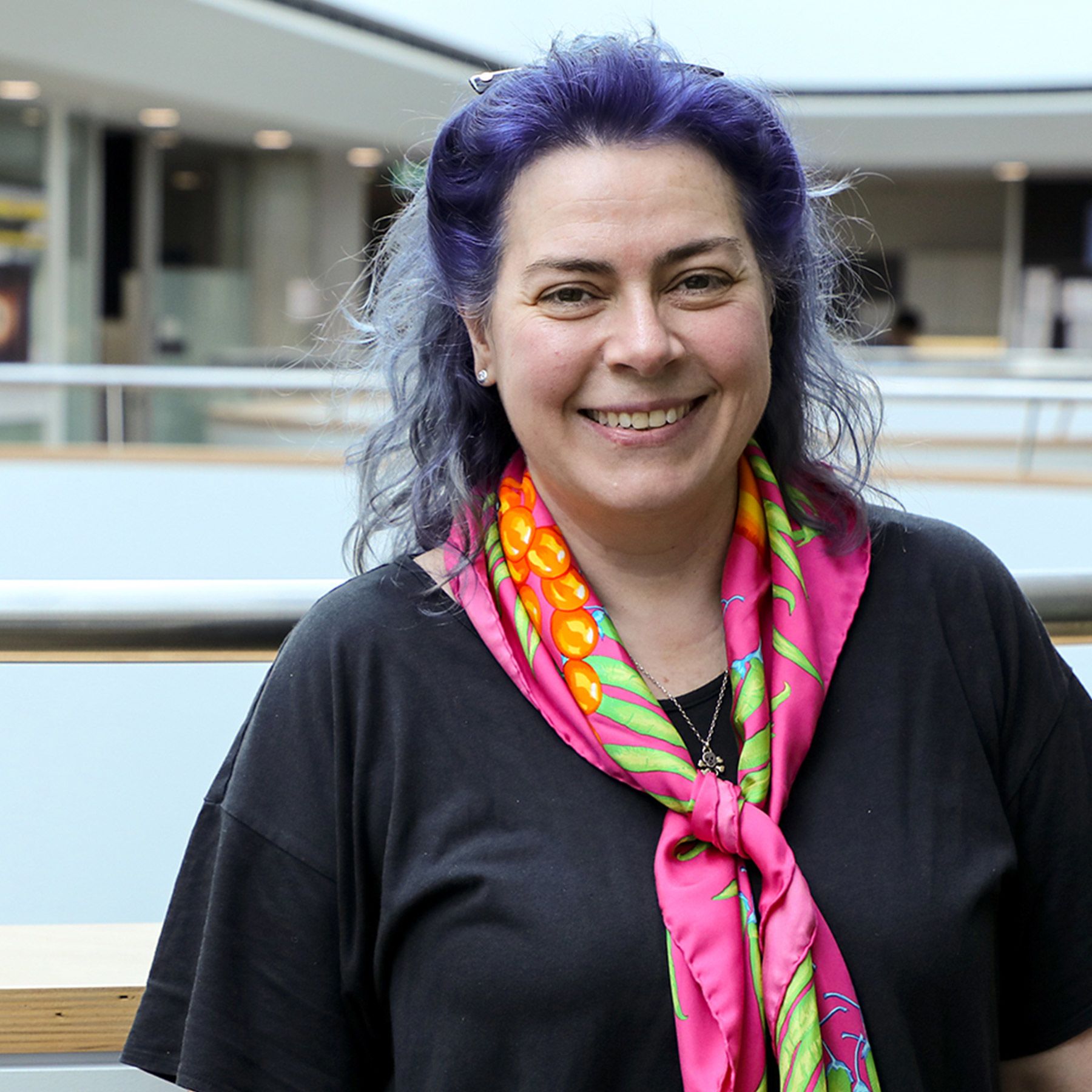
Dr Bridgette Engeler
Dr Bridgette Engeler
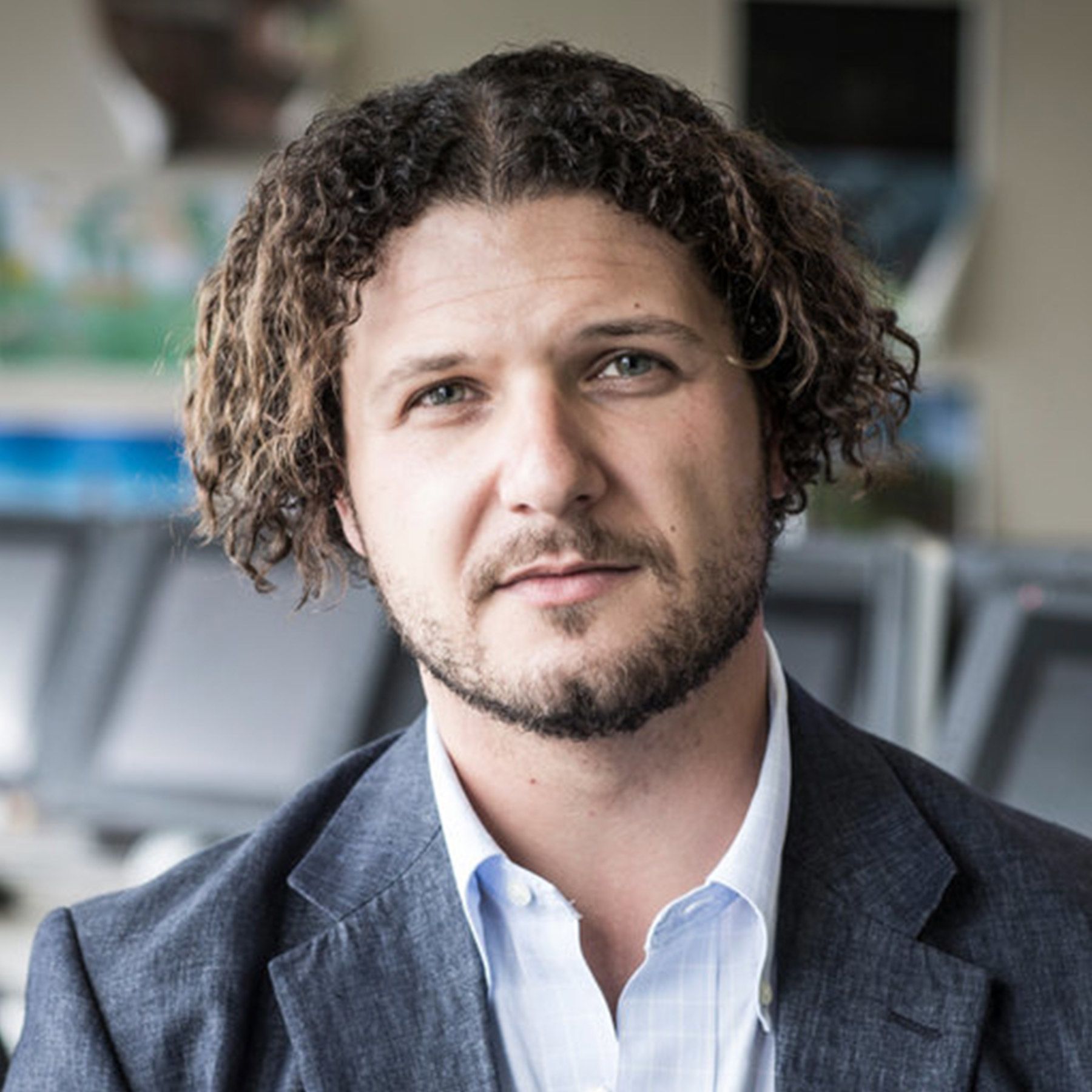
Associate Professor Gianni Renda
Associate Professor Gianni Renda
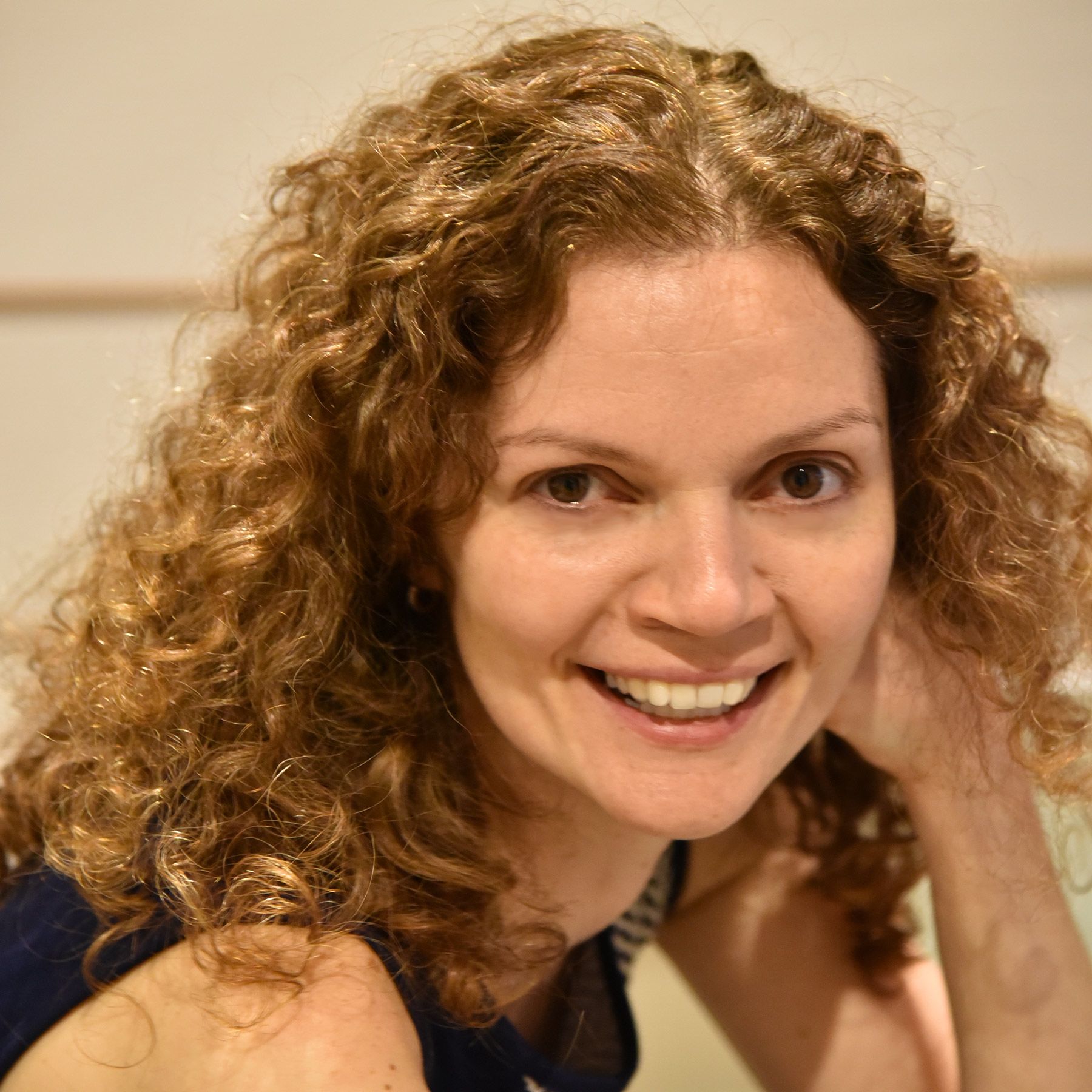
Dr Nina Eikelis
Dr Nina Eikelis
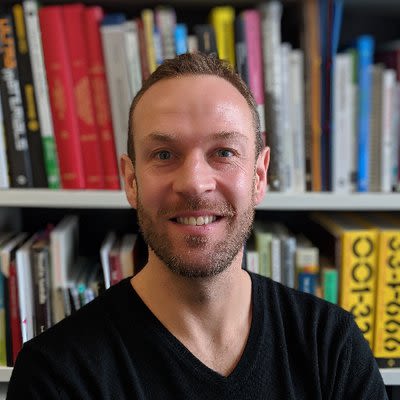
Professor Blair Kuys
Professor Blair Kuys

Distinguished Professor Richard Osborne
Distinguished Professor Richard Osborne
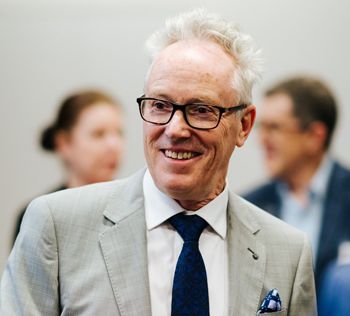
Professor Gavin Lambert
Professor Gavin Lambert
University of Western Australia
Professor Matthew Kemp
University of Western Australia
BMLSc, PgDipMLSc, PhD, PgDipLATHE
- Professor (Research), Division of Obstetrics and Gynaecology, University of Western Australia
- Deputy Director for the Women and Infants Research Foundation (WIRF), WA
- Head of WIRF Perinatal Research Laboratories
- Adjunct Professor, College of Veterinary and Life Sciences, Murdoch University
Professor Matthew Kemp is a leader and researcher who is passionate about driving evidence-based improvements to outcomes for preterm babies via his work in healthcare and education. He completed his undergraduate studies in New Zealand at Otago University. He holds PhDs in Medicine (UNSW) and Education (UWA), and completed postdoctoral training at Oxford University with the support of an MRC Career Development Fellowship. He was recruited to Perth in 2009 to lead the foundation’s sheep-based perinatal research program.
His research interests in perinatology are focused on improving outcomes for preterm infants, and include anti-inflammatory and antibiotic therapies, antenatal steroid treatment optimisation, and the development of an artificial uterine life support platform for extremely preterm infants.
In EVE-M, Professor Matthew Kemp will work across two themes, as an investigator in Project 2: Genital Microbiome and Pregnancy; in Project 6: Intravaginal Ring (spontaneous preterm birth), focusing on mechanistic insights of vaginal progesterone levels and lactic acid in pregnant sheep; and Project 10: EVE-M Phase I/II Clinical Studies.
Professor Dorota Doherty
University of Western Australia
PhD (Medical Statistics)
- Chief Biostatistician and Head of the Biostatistics and Research Design Unit, Women and Infants Research Foundation (WIRF)
- Adjunct Professor, Division of Obstetrics and Gynaecology, the University of Western Australia (UWA)
Since joining WIRF in 2001, Professor Doherty has been responsible for the design, conduct and analysis of randomised clinical trials and observational studies in reproductive medicine conducted at King Edward Memorial Hospital for Women, the sole tertiary obstetric hospital in Western Australia. While working in close collaboration with clinicians and scientists she has taken the leadership role in data management and analysis for most studies conducted by the preterm birth prevention group led by Professor John Newnham over the last decade. She is also a member of the Western Australian Preterm Birth Prevention Initiative and the Australian Preterm Birth Prevention Alliance Steering Committees.
Professor Doherty has expertise in specialised statistical methods and a strong track record in applying biostatistical techniques in complex epidemiological models that explore associations between individuals’ phenotypes and perinatal outcomes. In EVE-M, she will be involved in the statistical aspects of the pregnancy cohort studies, including the effects of the genital microbiome, inflammatory biomarkers, metagenomics and proteomics on prediction of spontaneous preterm birth and prediction of term birth.
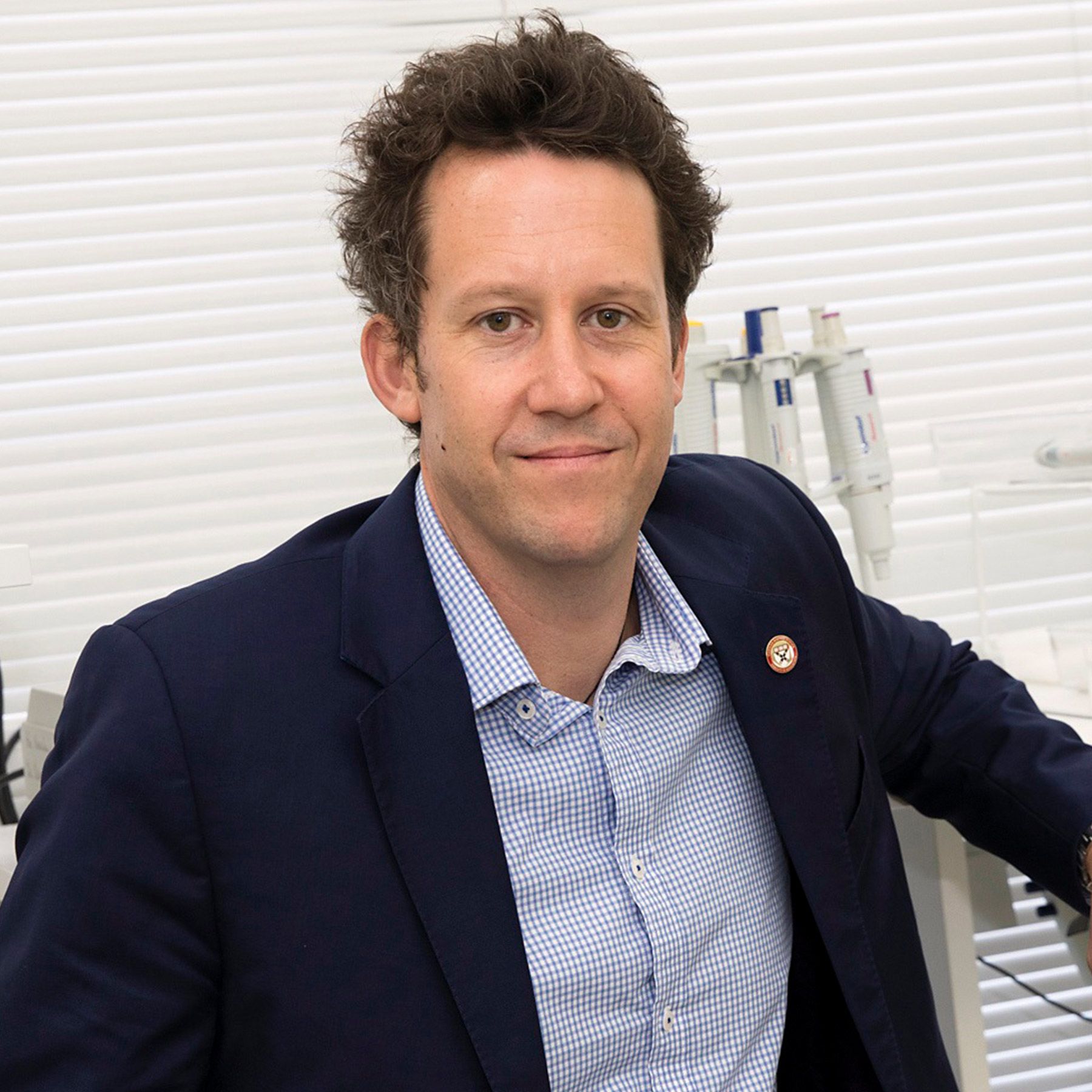
Professor Matthew Kemp
Professor Matthew Kemp
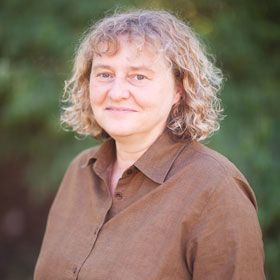
Professor Dorota Doherty
Professor Dorota Doherty
Associate Investigators
Professor James Beeson
Burnet Institute
BMedSci (Hons), MBBS, PhD (Medicine)
- Head of Malaria Immunity and Vaccines Laboratory, Burnet Institute
- Adjunct Professor, Monash University
Professor Beeson has extensive experience working in maternal and child health in low and middle income countries, including Papua New Guinea (PNG). He co-designed and leads the Healthy Mothers Healthy Babies collaborative health and research program based in PNG, which aims to identify the major causes of poor health in pregnant women and infants, and implemented novel strategies and tools to improve maternal and child health.
Professor Beeson has many years of experience in leading and managing research projects, and has held grants from the NHMRC (Program grants, Project grants, Research Fellowships, Investigator Grant, Centres for Research Excellence), NIH, Gates Foundation, PATH, Australian Government, ARC, Wellcome Trust and other funding agencies. He has over 200 research publications and his research has informed public health policy. He has existing collaborations with industry partners, particularly on vaccine development.
In the EVE-M project he will contribute to the V-MAP study to evaluate the vaginal microbiome among women in PNG, and to studies evaluating the microbiome of the reproductive tract in pregnant women and the link between microbiome, disease and pregnancy outcomes as part of the Genital Microbiome and Pregnancy project.
Associate Professor Josh Vogel
Burnet Institute
BMedSci (Hons), MBBS, PhD (Medicine)
- Principal Research Fellow in Maternal and Child Health, Burnet Institute
Associate Professor Vogel is an internationally recognised perinatal epidemiologist who has made a significant contribution to improving the health and well-being of women and newborns by advancing knowledge in clinical practice and translation into global guidelines and policies. He has held maternal health research and guideline development roles at WHO and Burnet Institute. He has been an investigator on 17 primary research studies in maternal and perinatal health that have recruited women across 39 countries.
Associate Professor Vogel is a lead investigator in the ongoing WHO ACTION Trials, two concurrent multi-country trials recruiting women at risk of preterm birth in five countries (supported by Bill & Melinda Gates Foundation). He is also a co-investigator in the Umbiflow International Study (supported by UK MRC), a five-country cohort study assessing umbilical arterial blood flow during pregnancy. He was the lead investigator for the latest global estimates of preterm birth, and co-led the development of the WHO guidelines on interventions to improve preterm birth outcomes.
Associate Professor Vogel will provide technical expertise on the development of intravaginal interventions to optimise the vaginal microbiome and help prevent spontaneous preterm birth. His deep experience with interventional research on preterm birth in low- and middle-income countries, as well as translating evidence into global guidance and policy, will be instrumental in ensuring EVE-M research outputs can be taken to scale.
Dr Michelle Scoullar
Burnet Institute
Dip (Obstetrics and Gynaecology), MIH, MBBS
- Healthy Mothers Healthy Babies Principal Investigator, Burnet Institute
Dr Scoullar is an international health specialist experienced in health system strengthening, health worker training, maternal, newborn and child health, and operational and implementation research. She also has practical clinical and public health program experience in remote Australia, Lao PDR and Papua New Guinea (PNG) and is a practicing medical doctor specialising in neonatology and paediatrics, with additional postgraduate qualifications in international health and obstetrics and gynaecology.
As a Principal Investigator on Burnet’s flagship Healthy Mothers, Healthy Babies (HMHB) program based in PNG, she established the HMHB field site including the cementing of all key partnerships, the establishment of a physical office, the building of a research laboratory and the hiring, training and management of an administrative and technical research team. She has managed the successful completion of a large longitudinal study, the first of its kind in PNG, following women and their infant from early pregnancy through to twelve months postpartum.
In the EVE-M project Dr Scoullar will contribute to the V-MAP study to evaluate the vaginal microbiome among women in PNG, and to studies evaluating the microbiome of the reproductive tract in pregnant women and the link between microbiome, disease and pregnancy outcomes as part of the Genital Microbiome and Pregnancy project.
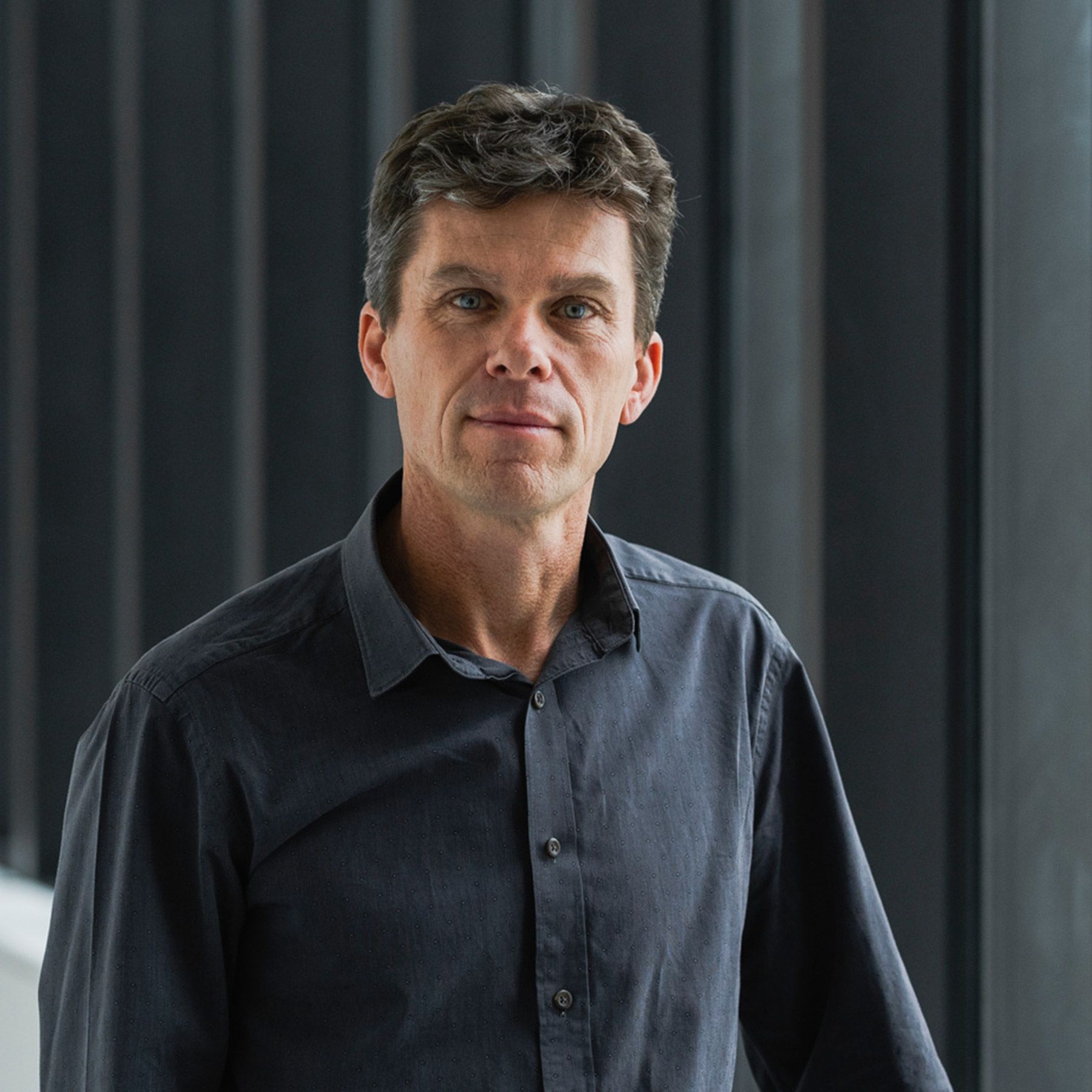
Professor James Beeson
Professor James Beeson

Associate Professor Joshua Vogel
Associate Professor Joshua Vogel
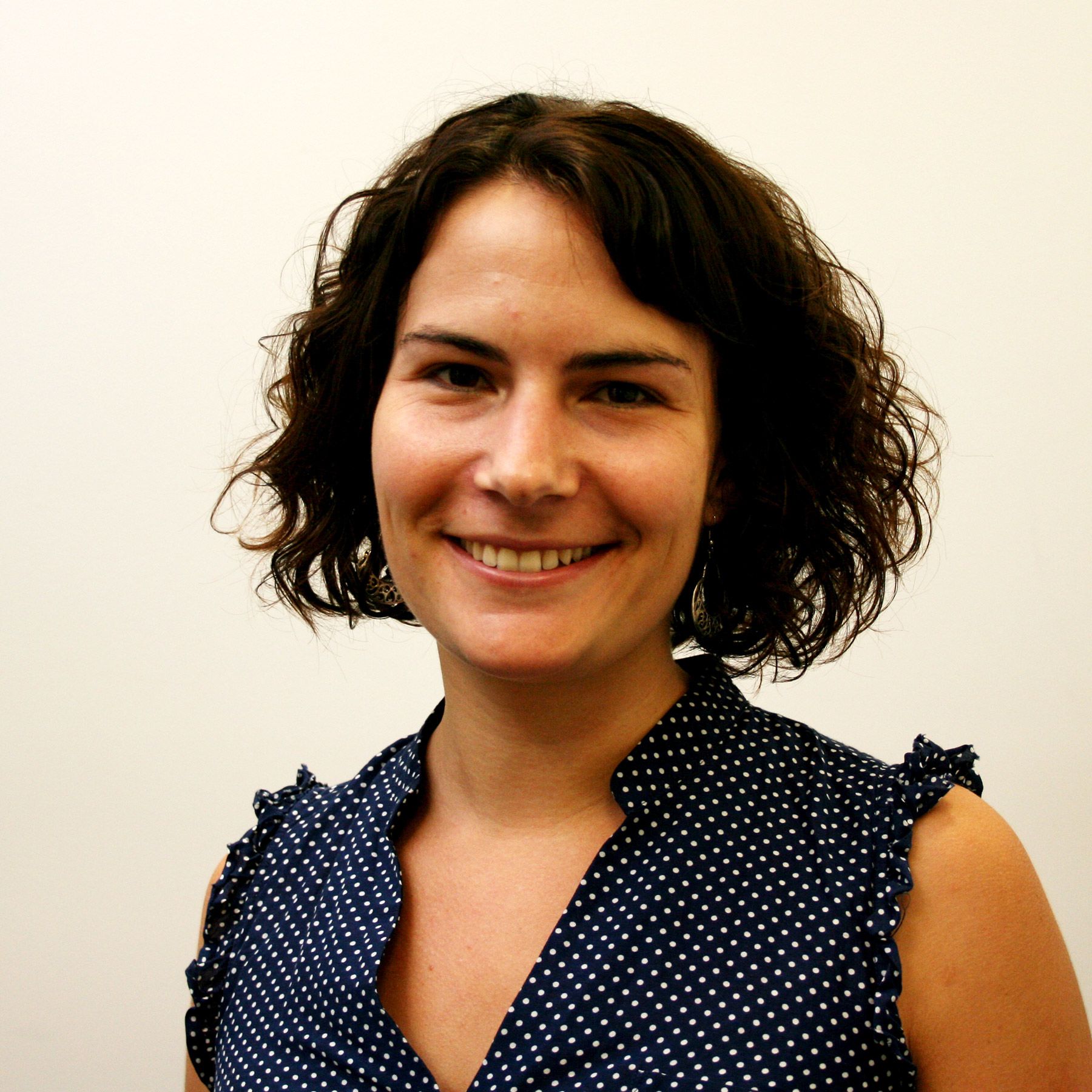
Dr Michelle Scoullar
Dr Michelle Scoullar
CONTACT
Serina Cucuzza
Executive General Manager, Commercial Strategy and Industry Partnerships, Burnet Institute
